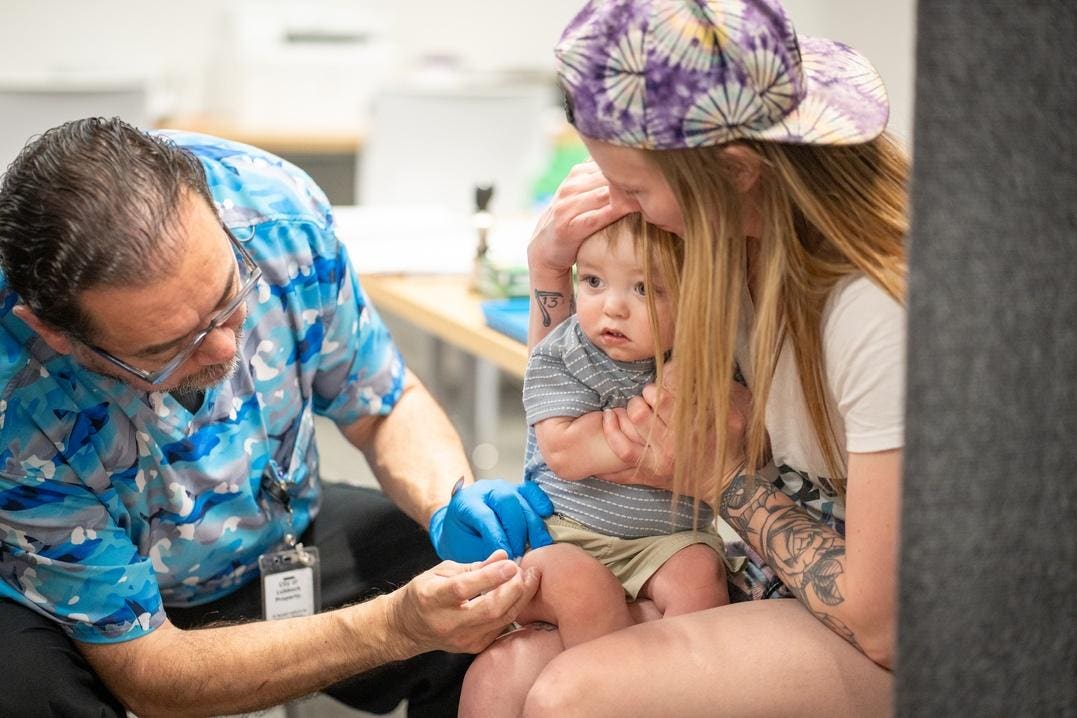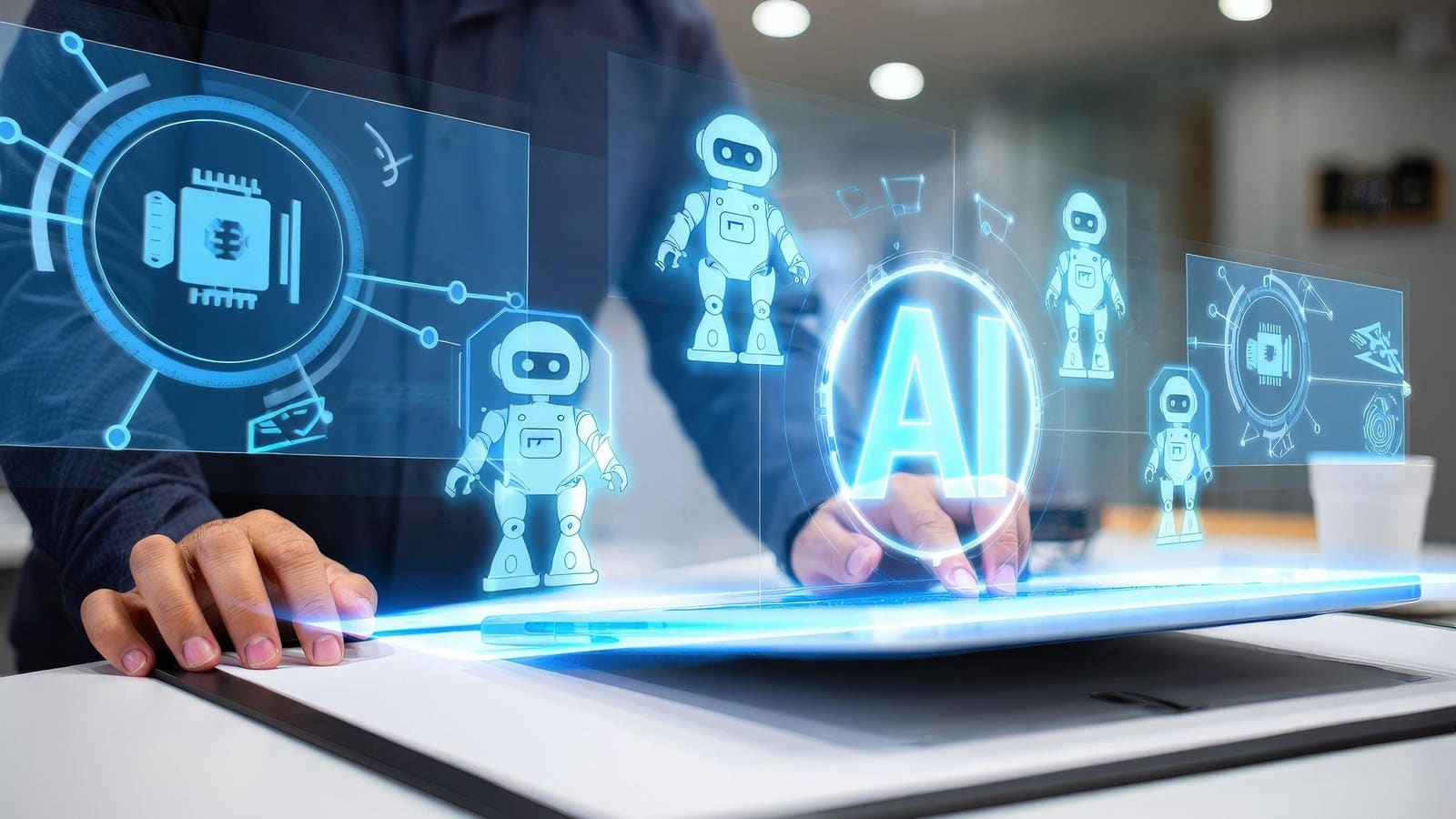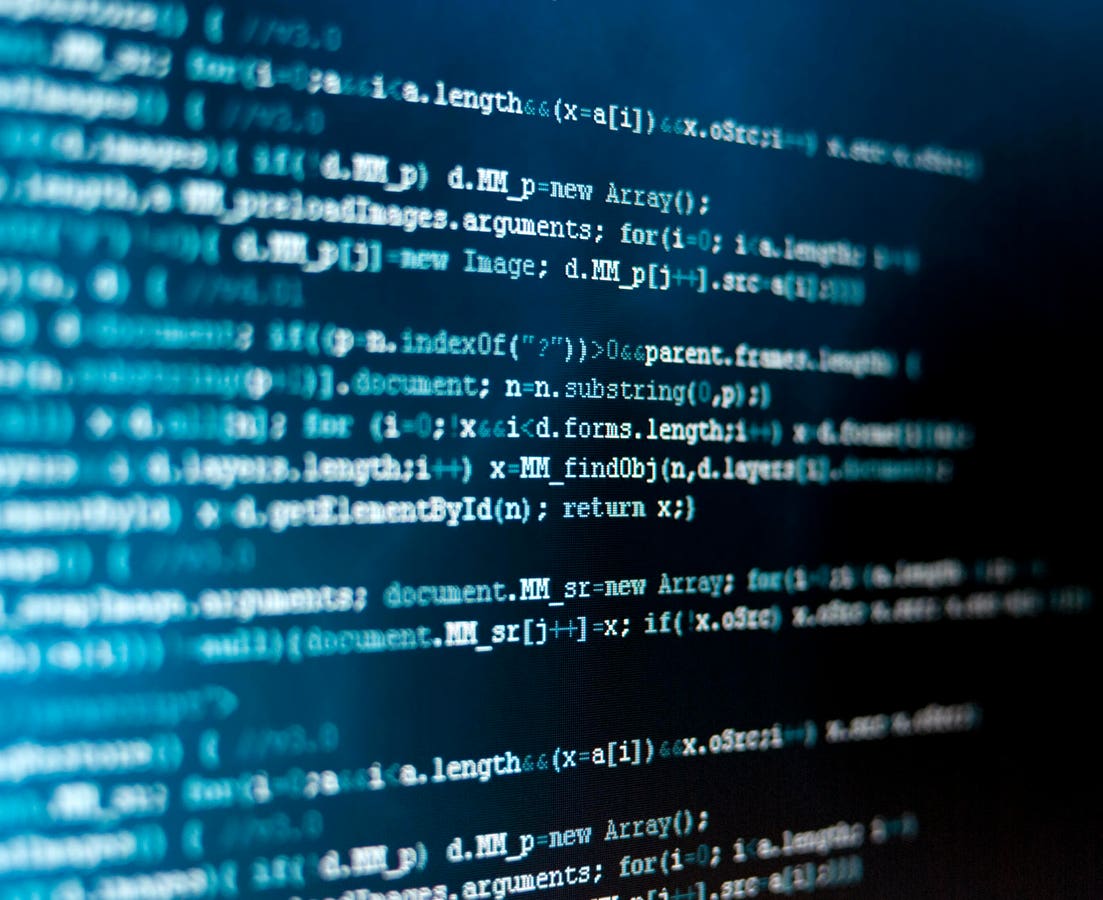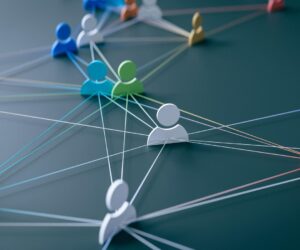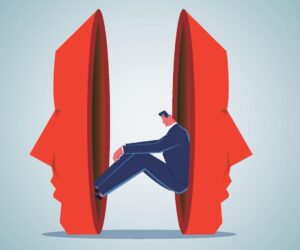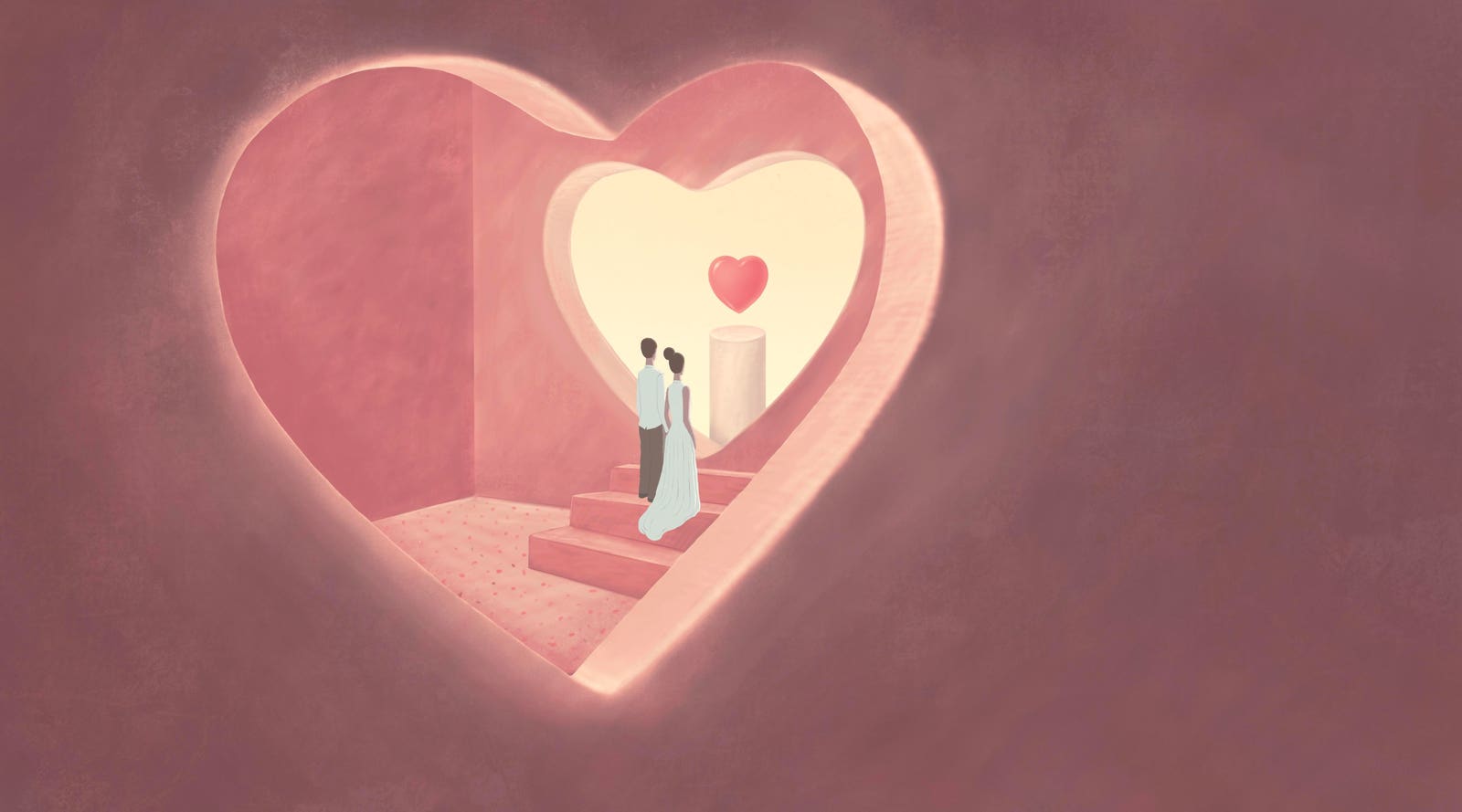Study: AI doesn’t affect creativity.
getty
Evan Kirstel, a mega-influencer in the technology space, has been doing some very cute things with AI lately, planting himself in the midst of historical and current event videos on his Facebook posts. (For example, in one post: Evan introduces Apple’s technology in 1946.) Highly creative indeed, but Evan has already has an extremely high creativity quotient. The question is, can AI help everyone, even you left-brainers, elevate creativity?
AI – particularly generative AI – has potential to “democratize” creativity. However, creative types still stand to benefit much more from AI. It turns out individual differences still matter for creativity when everyone has access to the same advanced technology. That’s the conclusion of a recent study led by Simone Luchini and Roger Beaty of Pennsylvania State University, along with James C. Kaufman of University of Connecticut.
The question they posed is whether genAI will “democratize creativity, potentially minimizing individual differences by offering powerful tools for anyone to generate ideas, stories, and more.” In other words, with all this technology, creativity would no longer be a unique human trait.
Across two studies, the researchers tested whether two factors – creative ability – assessed via idea generation and story-writing tasks — and general intelligence – assessed via reasoning and knowledge tests – predict performance in creative collaboration with large language models (LLMs).
The result: “people with more creative task expertise and those with higher baseline cognitive abilities still produced more original ideas, despite all participants having equal access to a powerful LLM,” they found.
The study points to AI-assisted creativity as a “unique and identifiable ability,” the researchers concluded. Those with creative tendencies are able to amplify those tendencies even further. As a result, “cultivating creativity will empower individuals to thrive in AI-assisted environments,” the authors assert.
Put away the notion that “powerful AI tools might make creativity or intelligence less essential to being able to produce a creative output,” they added.
The results add credence to a similar study conducted last year, which also sought to make the connection between creativity and AI usage. “They found that while AI improved the output of less creative writers, it made little difference to the quality of the stories produced by writers who were already creative,” related Rhiannon Williams in MIT Technology Review. There was also similarities between written pieces in which AI had played a part, versus the originality of those dreamed up entirely by humans.
The Penn State and UConn researchers divided their study into two parts. In the first study. they found that “people who wrote more creative stories without AI assistance also produced better stories when collaborating with ChatGPT.” Significantly,
people who wrote more original stories without AI also wrote better stories with AI.” The second part of the study focused on intelligence, which also showed more results with AI-assisted work.
This suggests that “generative AI does not eliminate cognitive advantages but rather preserves robust individual differences in human intelligence and creativity,” according to the researchers.
This has implications for managers and professionals seeking ways to boost creativity and innovation within their organizations. “The fundamental difference between organizations that will create the future versus those that merely survive in it isn’t technological sophistication – it’s an innovation mindset,” said Eric Vaughan, CEO of IgniteTech and GFI Software. “Organizations that foster this mindset will create entirely new categories that redefine what’s possible in their industries and potentially solve some of humanity’s most persistent challenges.”
Breakthrough innovation will come from “combining uniquely human creativity with AI’s analytical power,” Vaughn said. “Organizations that understand this will stop asking, ‘How can AI help us do what we already do, but faster?’ and start asking, ‘What entirely new possibilities emerge when humans and AI collaborate as partners?’” Out of this collaboration may come entirely new industries, problem-solving and new forms of value barely imaginable today, he added.
This cuts across all skill levels, Vaughn said. “When less-experienced workers gain access to AI tools, they work faster and tackle complex challenges previously beyond their reach, creating innovations that would have been impossible without this partnership.”



